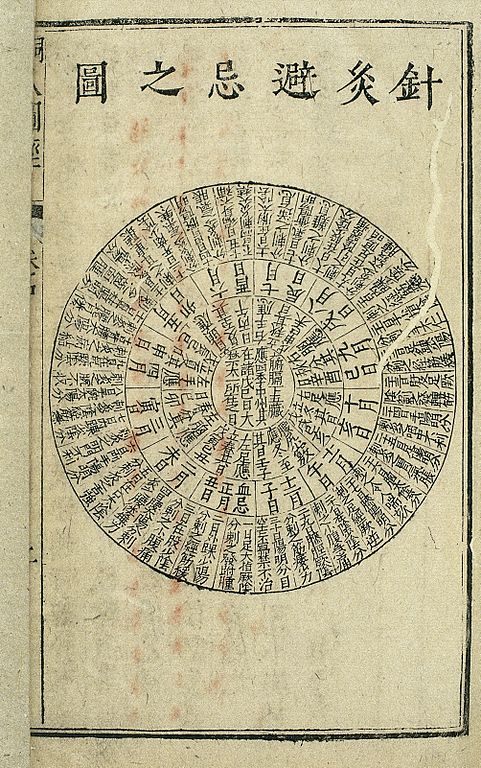Week 7: Science
Tutor: Michael Bycroft
Global history can be seen as many things: a method, a research programme, a narrative, a worldview, and so on. In this seminar we treat global history as a hypothesis. The central hypothesis of the global history of science is that the received view about the origin of science is false. The received view, crudely put, is that science was invented in Western Europe in the seventeenth century. Global historians have argued against this view of the chronology and geography of science. We look at one statement of the received view and at a range of arguments against the received view, with a focus on the early modern period.
Task and questions:
1. Read the short piece by Heilbron.
2. Write down a one-sentence summary of the received view, in the most sympathetic terms you can manage, ie. placing that view in the best light possible.
3. Read ANY THREE of the essential readings.
4. For each of these readings, ask yourself:
- what arguments are being presented against the received view?
- do you find these arguments convincing?
- how could they be made more convincing?
5. On the basis of these readings, re-write the once-sentence summary from above so that is closer to the truth about the history of science as you now see it. If your view has not changed at all, you may simply copy your original sentence!
All readings are available via the Warwick library website, unless alternative links are provided.
Received view:
Heilbron, John. "History of Science." In The Oxford Companion to the History of Modern Science (Oxford University Press, 2003). [Once you have navigated to the e-book, look for the "Starting with" box and type the article title into it.]
Essential readings (choose ANY THREE of these):
Elshakry, Marwa. ‘When Science Became Western: Historiographical Reflections’. Isis 101, no. 1 (1 March 2010): 98–109.
Küçük, B. Harun. ‘Early Modern Ottoman Science: A New Materialist Framework’. Journal of Early Modern History 21, no. 5 (27 October 2017): 407–19. [If you are unable to find this via the library, try this link].
Poskett, James. Horizons: A Global History of Science (London: Penguin, 2021), chap. 2 ('Heaven and Earth').
Raj, Kapil. ‘Thinking Without the Scientific Revolution: Global Interactions and the Construction of Knowledge’. Journal of Early Modern History 21, no. 5 (30 October 2017): 445–58.
Secord, James A. ‘Against Revolutions’. BJHS Themes, 2 April 2024, 1–21 [available as open access article].
Sivin, Nathan. ‘Why the Scientific Revolution Did Not Take Place in China - or Didn’t It?’ Chinese Science 5 (1982): 45–66 [the link on the Warwick Library website is faulty; you can find the piece by logging in to JSTOR here]
Further readings:
The remaining chapters in Poskett, Horizons

Rules for acupuncture prohibitionsLink opens in a new window
Chinese woodcut, 1443 Wellcome Images
L0034736
